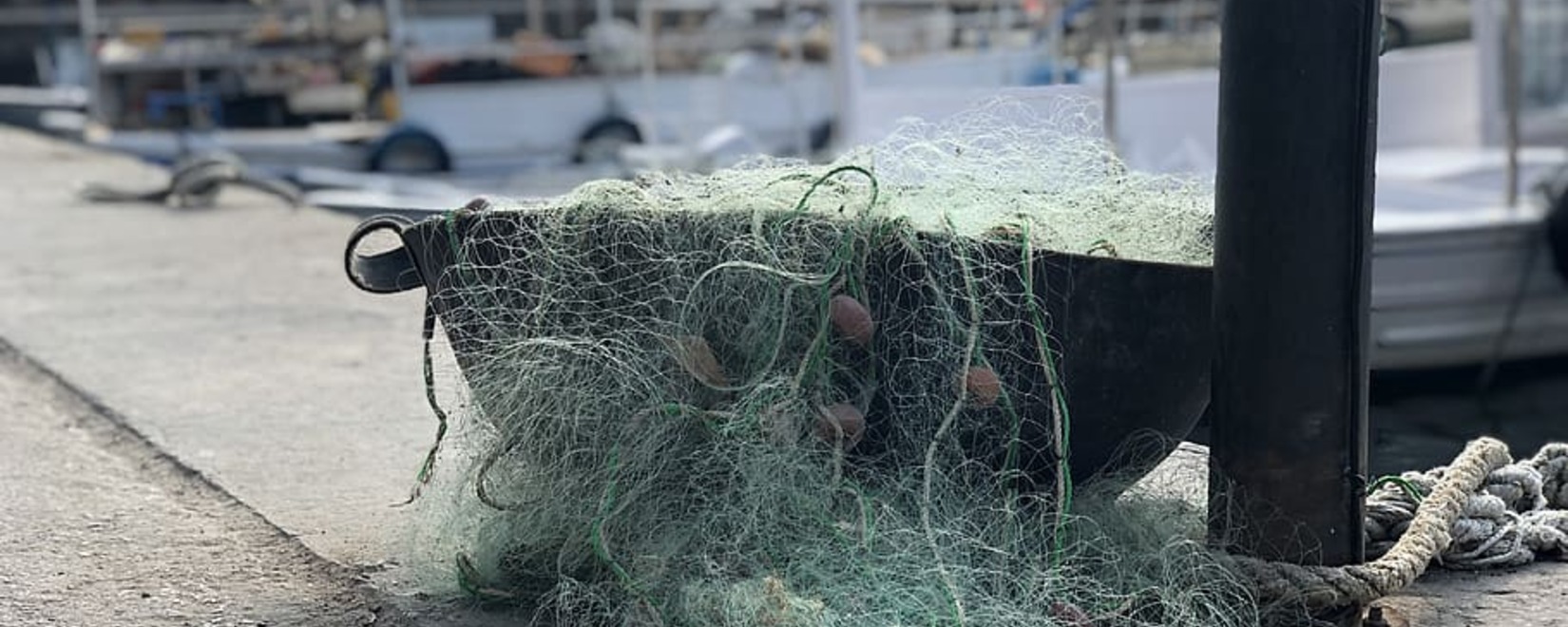
Russian fishermen are resuming the harvest of krill in Antarctica after a long break: a plan for 450,000 tons by 2030.
Russian fishermen have resumed krill fishing in Antarctica after a 17-year break. The plan is to catch 450,000 tons of krill by 2030. The catch of aquatic bioresources in Russia by 2030 should reach 6 million tons, including sardines and ivasi in the Russian Far East. In early 2024, the catch in Russia increased by 9%.
According to Ilya Shestakov, the head of the Federal Agency for Fishery, Russian fishermen have once again set out for fishing in Antarctica after a long break. In this region, the catch of krill is particularly important for fishermen from Russia, which they have not been engaged in since 1992 in the CCAMLR area. In 2019, the research vessel "Atlantida" analyzed krill stocks for the first time in 17 years, and the biomass in this area turned out to be higher than before.
The development strategy of the fisheries complex until 2030 includes a project to resume the extraction of Antarctic krill by Russian companies and to build krill fishing vessels. It is planned to reach a catch of 450,000 tons by this deadline.
Krill is in demand in Russia, where about 700,000 tons of this product are imported annually. According to the CCAMLR estimates, it is possible to extract about 5 million tons of krill per year in Antarctica.
Shestakov noted that the Federal Agency for Fishery expects an increase in the catch of aquatic bioresources in Russia to about 6 million tons by 2030. In addition to krill, sardines and capelin are also in demand in the Russian Far East. However, quotas for fish catch in the Northern Basin were reduced due to the ecological situation and the decrease in cod stocks, but the situation is under control.
In early March, it was reported that the fish and seafood catch in Russia since the beginning of 2024 had increased by 9% compared to the same period last year and exceeded 1 million tons.
Earlier, the "Center for Agroanalytics" reported that in 2023, Russia reached the highest catch of aquatic bioresources in 30 years - 5.3 million tons.

 Trading platform
Trading platform 
 Monitoring
Monitoring  Express applications
Express applications 
 Fork Work
Fork Work 
 Service
Service  News
News  Directory
Directory 